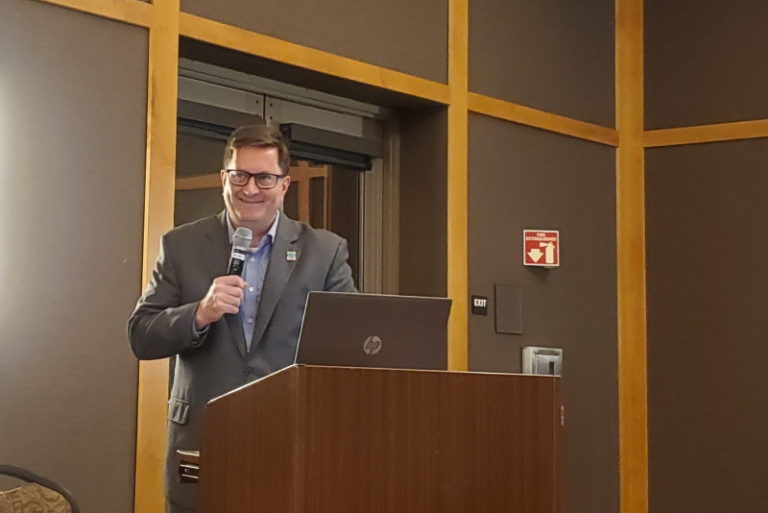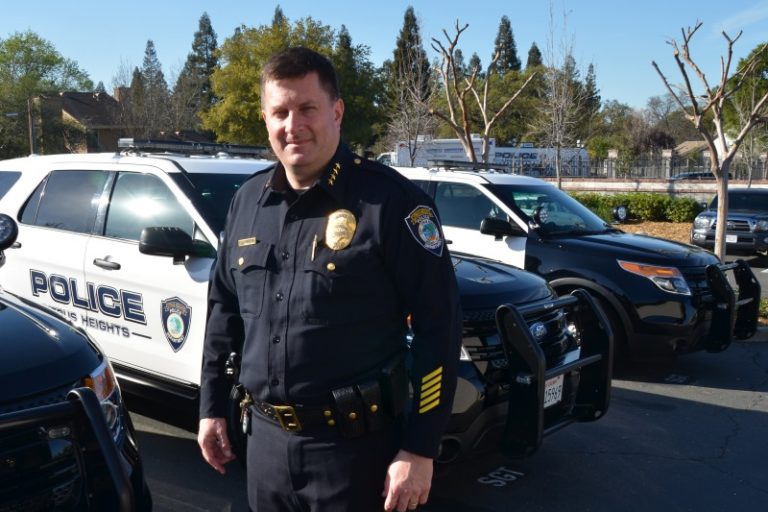Chris Boyd

LETTER: City manager’s retirement sudden, but not surprising
By Beryl Turner, Citrus Heights– Just discovered news of Citrus Heights City Manager’s retirement on May 11. That was sudden, but not surprising. I feel he quit (jumped ship), unable to handle the city’s financial problems that he…

Citrus Heights city manager announces retirement. What’s next?
Sentinel staff report– Citrus Heights City Manager Christopher Boyd on Thursday publicly announced that he will be retiring from his position as the top executive tasked with running the city, coming on the heels of the assistant city…

Discussion during Citrus Heights budget meeting gets heated
Sentinel staff report– The Citrus Heights City Council met Thursday evening for a special budget study session, which included a contentious exchange between several council members and the city manager.

Citrus Heights council appoints police chief as new city manager
The Citrus Heights city council has selected Police Chief Christopher Boyd as the new city manager, replacing Henry Tingle who announced his retirement earlier this year. “I am pleased to announce that our city council unanimously voted to…

Citrus Heights PD plans crackdown on jaywalking, bike violations
After a deadly spike in roadway deaths in the city last year, Citrus Heights police have announced plans to concentrate enforcement efforts on violations related to pedestrian and bike safety “in the coming weeks.” “Extra officers will be…

Citrus Heights News Briefs: water use, crime stats, council update
Updated Feb. 27, 11:22 a.m.– Local news briefs this week cover latest water use figures, several police and fire reports, and an update from the Feb. 25 city council meeting. Citrus Heights Water District reports 35% overall conservation–…

Citrus Heights police chief: body cameras ‘likely,’ but too early
Body-worn cameras on police officers could likely become a future reality in Citrus Heights, Police Chief Christopher Boyd told somewhat-wary city council members in a presentation last week that summarized pros and cons his department had identified in…

Boyd recalls challenge, ‘honor’ of leading Cal Police Chiefs Assoc.
Citrus Heights Police Chief Christopher Boyd recently finished a one-year term as president of an association representing 334 police chiefs across California, calling it an honor and major highlight of his career — as well as a challenge.…

Sac Sheriff Challenges Citrus Heights Police Chief for “Ice Bucket” Fundraiser
Sacramento County Sheriff Scott Jones plunged into the ALS “Ice Bucket Challenge” Sunday, posting a video on Facebook with a challenge to several area police chiefs, including Chief Christopher Boyd of the Citrus Heights Police Department. “Could you…



